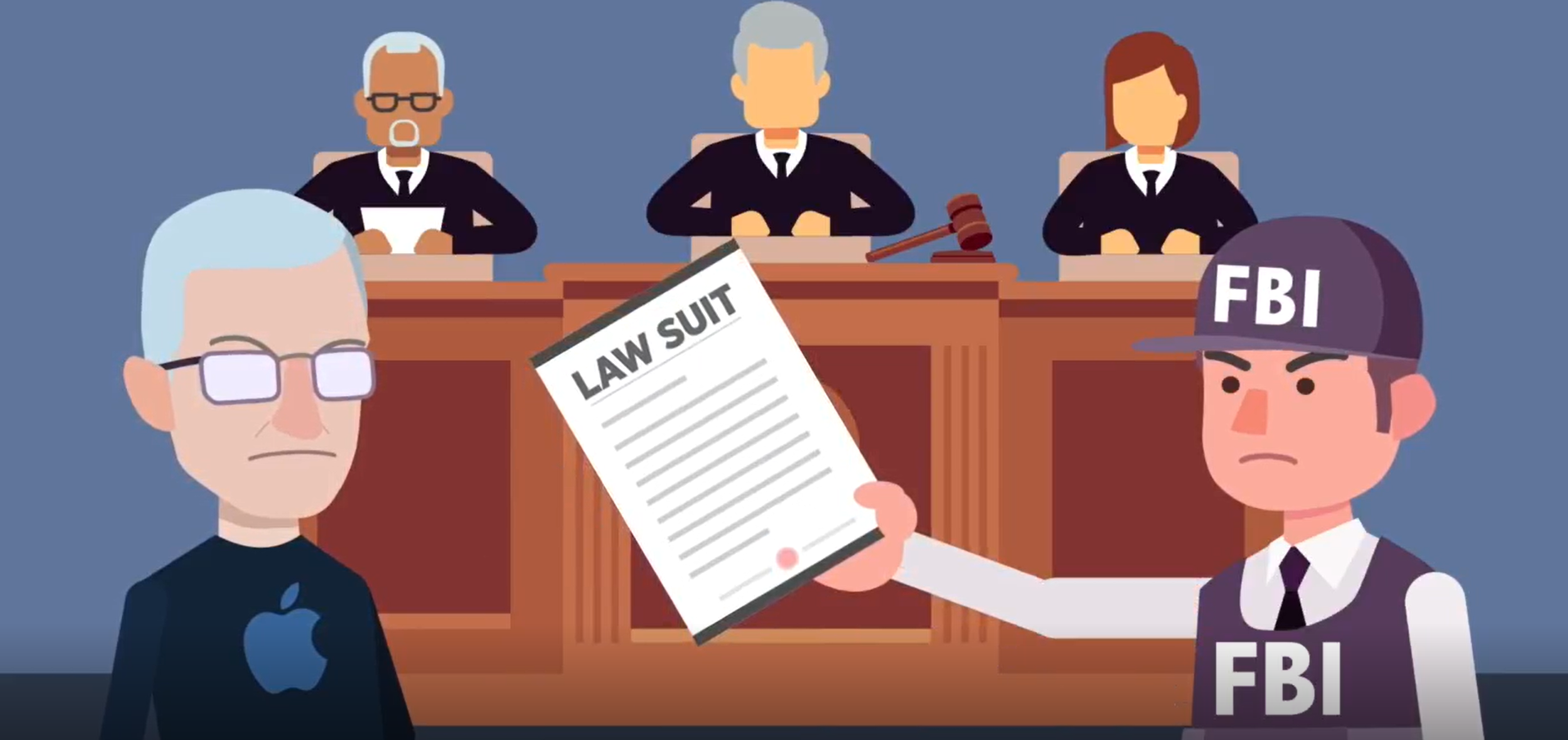Transcript
We kind of flew by the fact that the FBI asked Apple to build a backdoor in the first place. We may have assumed that they could build a backdoor into the phones if they wanted to, and they could access this data whenever they wanted, assuming the agreements would allow it.
What about the idea of a technology company having that ability in the first place?
There are huge smartphone technology markets globally with tons of manufacturers and service providers. What people may not even realise is that these backdoors do exist already. And in some cases, it’s almost a free flow of information from the user to the company, and then eventually to the government. Is this even moral or ethical in the first place?
There are also services who don’t provide a backdoor. For example, if you use some digital wallets to hold on to your cryptocurrencies, once you lose that password, that’s it, you lose it and the coins or whatever value you had in there is now gone. Should governments have a responsibility to police that?
If we tie this back into the Apple case, the question then is, at what point does the government’s need to access certain information rise to the level where the company is then compelled to offer it? What about public security?
In history, many countries or governments have frequently requested certain documents, video footage or other types of evidence from individuals or organisations for public security purposes. That could be an analogy to the situation we imagined.
But even in this scenario, some of the data is still private and may not necessarily be directly tied to a compelling government interest, should the government then automatically have some way to access that information? That’s questionable.
This is the new form of national security argument. Before, national security was guns and bombs etc. Now, it’s knowing where people are, and mass behaviour modification. The bike sharing apps are good examples of this. It’s not just about money going between a customer and a vendor, but also the idea of understanding where people are at all times.
So our last question for you is: do cases like this, make you question carrying a smartphone? (Notice that we assume that you all have one, or more of them with you right now.)
For us, our minds immediately went to our children. We think that a lot of young people may not be mature enough in certain ways to understand the issues we have discussed. So we think it’s important that we educate our children and young adults about the impacts of using smartphones, any particular applications on smartphones, and technology in general. We believe that education will in many aspects help form better policies and that informed consumers will generally make better decisions. And if they make better decisions, we can more fully utilise the positive aspects of these new technologies.
Fortunately, our children are all very young and don’t use smartphones yet. But when asked if we would force them to give us their passwords to their phones, we honestly don’t know.
As parents, we would want to know what they’re doing and we would see it as my responsibility to keep them safe. And if you extrapolate it out to the government, that’s exactly their point. And we think that when you are in a position of authority and you’re trying to protect people, oftentimes the desire to protect may overcome the respect for privacy, just like the parents who ask for their children’s passwords.
In terms of our own children, we hope we could try to educate them effectively enough that we can trust them with using this technology. But if there’s potentially an issue, then we may have another discussion about the use.
Or we’ll just take their phones.
To wrap up this discussion around such a complex issue, we’d like to share a quote from General Michael Hayden, who was a former director of the National Security Agency, United States as well as the Central Intelligence Agency. He commented in a report that “This may be a case where we have got to give up some things in law enforcement, and even counter-terrorism, in order to preserve this aspect of our cyber security.”
There’s a national interest in security, but also a competing interest in how we want to secure our data. This is an ongoing debate that we will continue to have, hopefully with you as you think along the questions here and in your everyday life.

